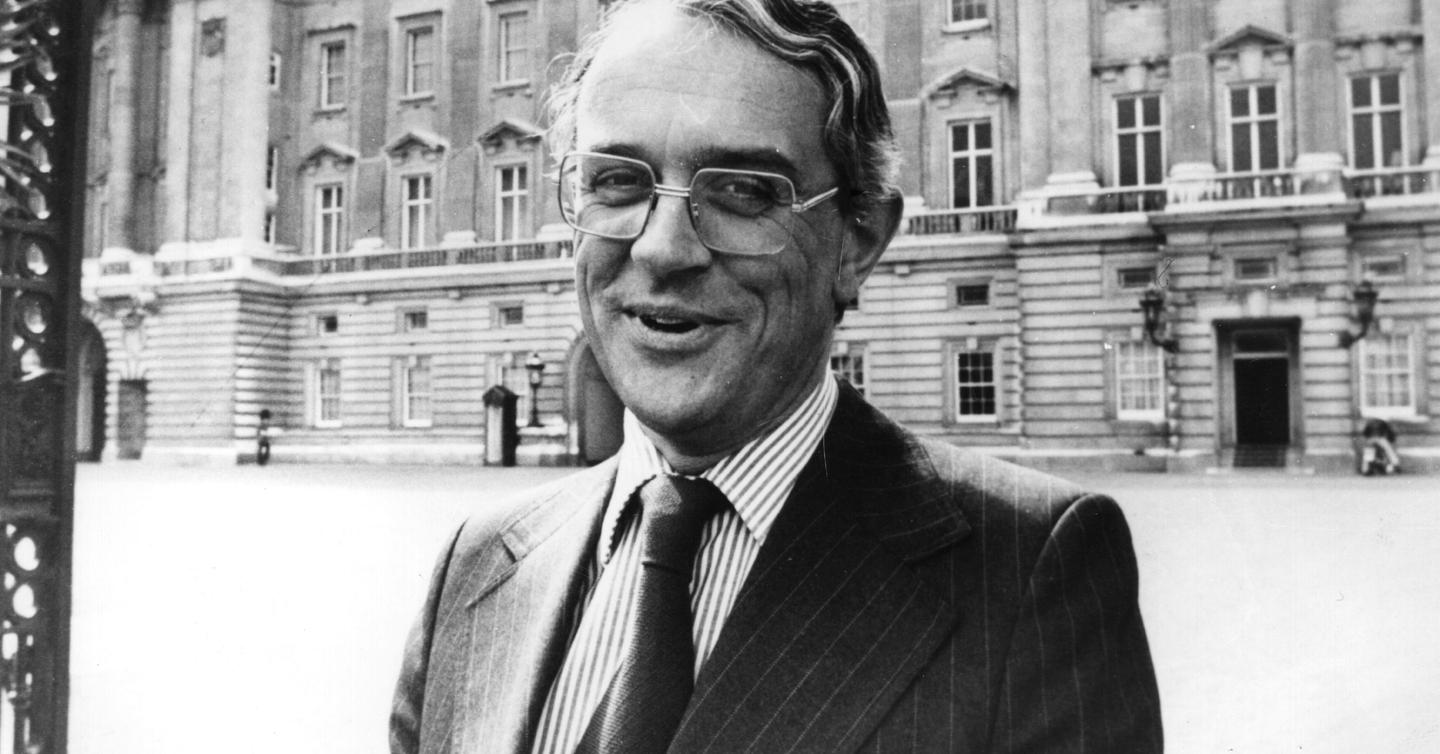
"Old Notre Dame will win over all."Īs the Irish did win over all. A small college in northern Indiana emerged as a national power. Notre Dame teams shook the thunder from established collegiate football powers, winning five national championships in twelve years and 88% of their games. Our postwar responses fueled America's growth as our love for college football grew.Īfter being rebuffed by the Big Ten, Rockne decided to take on all comers - to play anyone, anytime and anywhere.

Phrases like "What though the odds be great or small" found their way into the hearts of so many Americans in the tuburlent times. While the song remains copyrighted by the University, the Chorus is now considered part of public domain.Īs Notre Dame won national championships under Knute Rockne and Frank Leahy, the song became emblematic of conquering challenges from the 1920s through the 1940s in America's post-Wars years. So many of the phrases in the Victory March are now of legend and part of American sports vernacular. Because the men out on the field are not only the representatives of (our) school, but also (our) friends and associates, the Notre Dame rooter has imbibed the spirit of our teams: He never quits." Ken Dye, director of bands at ND, said : “ It would never have caught on the way it has” without Casasanta’s touch.Īccording to a book, Shake Down the Thunder, by Murray Sperber, The Dome for 1915-16 praised the Notre Dame fan: " The real secret of Notre Dame's success lies in the spirit behind her teams. Casasanta also composed the Alma Mater, " Notre Dame, Our Mother", " Hi ke, Notre Dame" and several other famous Notre Dame songs. Casasanta arranged the piece to sound the way we hear it today. The Shea's gave much of the credit for the success of the Victory March to Joseph Casasanta, band director from 1923 to 1942. Ten years after its introduction at Notre Dame, the University Band first played it at an athletic event. They thought it would also encourage others to write an even better song. The Shea's were motivated to provide Notre Dame with a song that would would provide even more spirit to games. Enjoy listening to one of the pregame traditions as the Notre Dame Band Trumpet section plays the Alma Mater and the Victory March for the rest of the article. Written in 1908, the song was first performed at Notre Dame under the rotunda of the Golden Dome on Easter Sunday in 1909. They hoped only that it would provide some spirit to games and encourage others to write an even better song. Michael, a 1905 Notre Dame graduate, wrote the music and John, who earned Notre Dame degrees in 19, wrote the words. Shea - would never have imagined how much it could have impacted so many.


Yet the brothers who wrote it - Michael J.


 0 kommentar(er)
0 kommentar(er)
